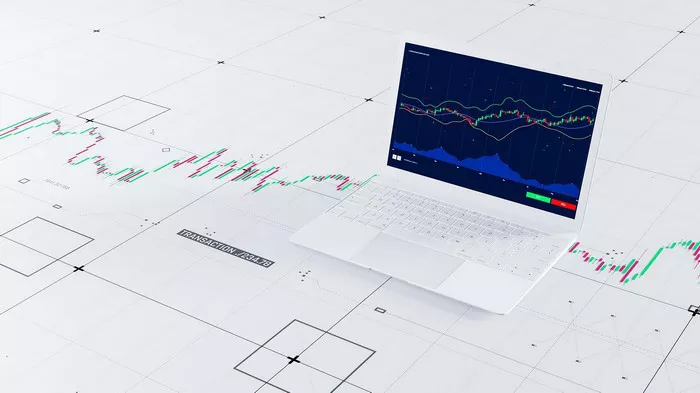Jeff LaBerge, head of capital markets at Bitdeer, breaks down how the economics of bitcoin mining change in real time and why technological innovation may be key to staying competitive.
Rob Nelson, host of the TheStreet roundtable, opened the conversation with a basic question: Does a falling bitcoin price mean that mining costs more?
“It does,” LaBerge said. “But in some cases, if the network hash rate drops… then there are fewer people competing for the same fixed piece of the bitcoin pie.” This means that some miners may shut down mining, and those who remain will get a larger share.
However, he clarified that “when the bitcoin price drops, bitcoin and mining economics get worse, but it’s not just a straight-down decline.”
Grim Mining Economics
Nelson then asked, “So what’s going on now?”
LaBerge responded, “Right now, the network hash rate is pretty stable. The bitcoin price has dropped, but the number of participants is still the same or close to the same.”
This means that the profitability of mining is declining in the short term. “Now that the space is more institutionalized… hash rates are more likely to go up as bitcoin prices surge than go down as prices fall,” he added. “So some miners are in a tough spot right now.”
Bitdeer’s Advantage
When asked how Bitdeer is coping with this, LaBerge stressed that their advantage is not just in mining scale, but in technology.
“We’re actually designing the chips and hardware that go into making bitcoin mining equipment,” he said. “We can design and build these ourselves for use in our own data centers, and at a lower price point than anyone else on the market.”
LaBerge added that this sets them up for the future: “We anticipate a significant refresh cycle… where efficiency and having the most efficient bitcoin miners will be critical.”
Bitdeer does hold bitcoin on its balance sheet—“we’re very bullish on it,” LaBerge said—but it’s not a core strategy. “Our core business is really the technology side.”
Related topics:































